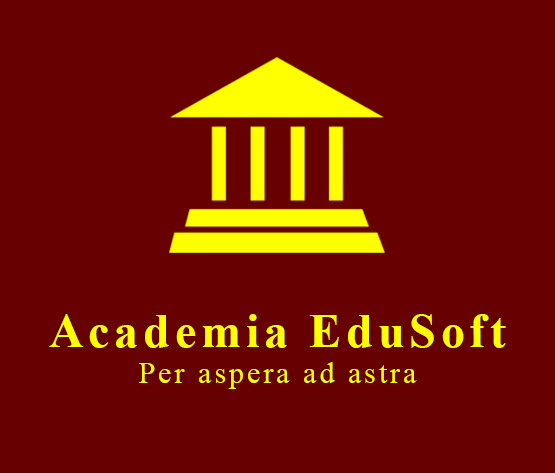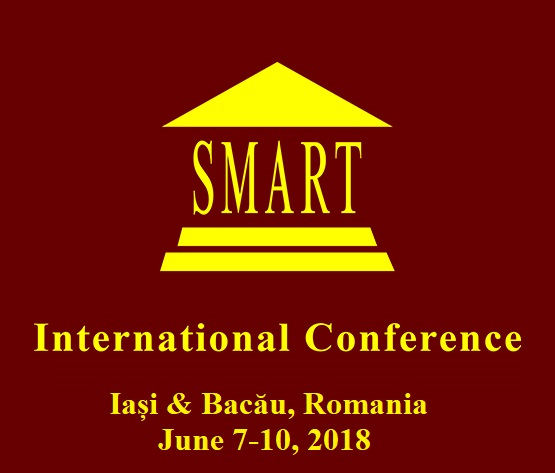An Empirical Investigation into the Matching Problems among Game Theoretically Coordinating Parties in a Virtual Organization
Abstract
Virtual organization emerged as a highly flexible structure in response to the rapidly changing environment of 20th century. This organization consists of independently working parties that combine their best possible resources to exploit the emerging market opportunities. There are no formal control and coordination mechanisms employed by the classical hierarchical structures. Parties, therefore, manage their dependencies on each other through mutual understanding and trust.
Mathematician John Nash, having significant contributions in Game Theory suggests that in every non-cooperative game there is at least one equilibrium point. At this point, according to him, every strategy of the player represents a response to the others’ strategies. Such equilibria could exist in a virtual organization, at which parties coordinate which each other to optimize their performance.
Coordination/Matching problems are likely to arise among game theoretically coordinating parties in a virtual organization, mainly due to lack of binding agreements. By identifying and resolving these matching problems, virtual organizations could achieve efficiency and better coordination among parties.








